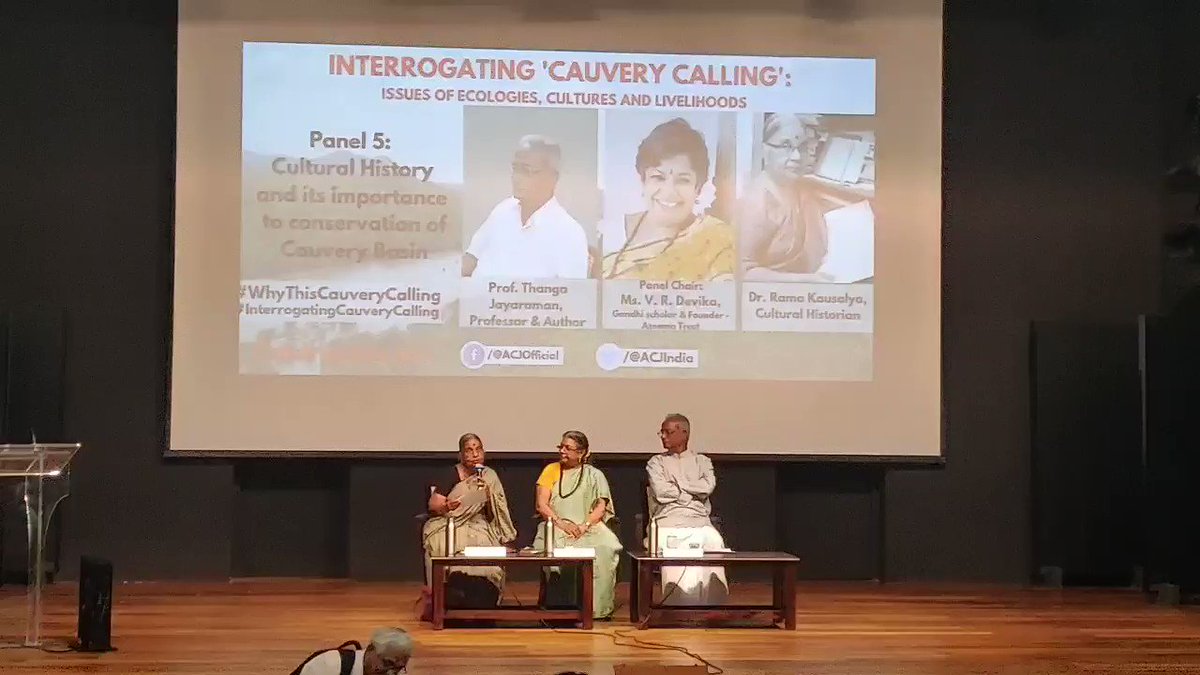Asian College of Journalism
3:11
3:13
3:15
3:16
3:18
3:21
3:21
3:23
3:26
3:30
3:31
3:31
3:32
3:33
3:34
3:36
3:37
3:39
3:40
3:41
3:43
3:44
3:45
3:45
3:46
3:46
3:50
3:53
3:55
3:56
3:58
Connecting…





